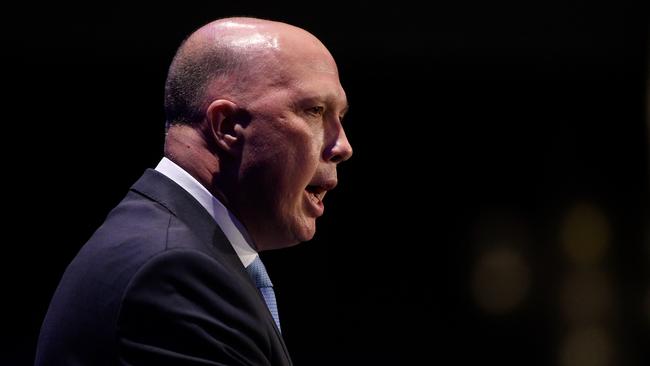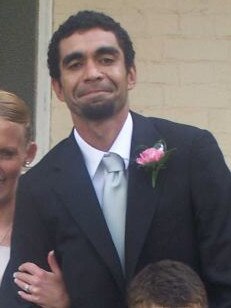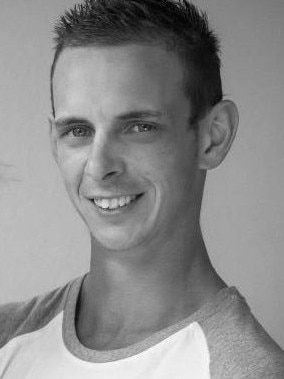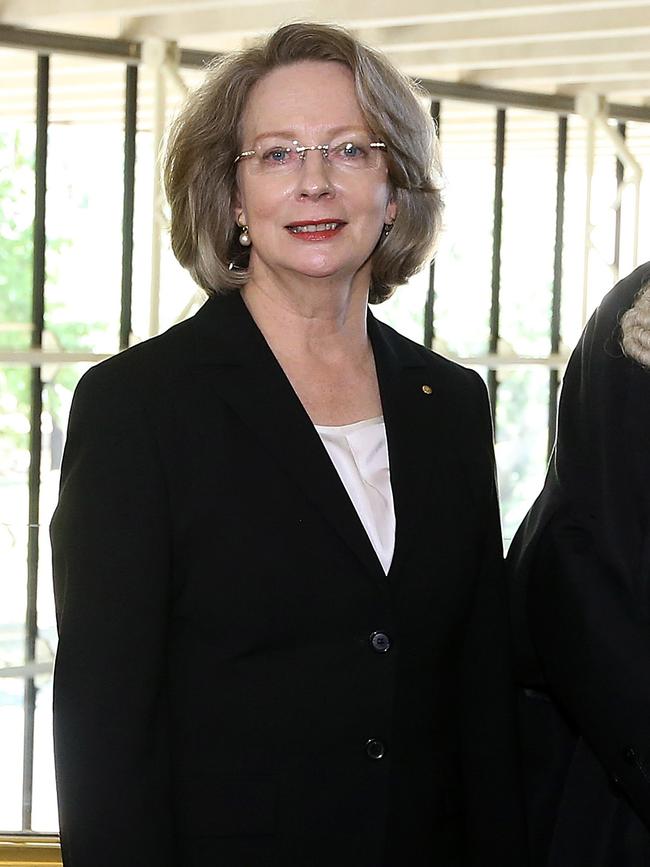Andrew Bolt: Indigenous court ruling marches us towards a form of apartheid
The High Court’s decision that those who identify as indigenous can’t be deported is effectively a new law, by unelected officials, that divides us by race, writes Andrew Bolt.
Andrew Bolt
Don't miss out on the headlines from Andrew Bolt. Followed categories will be added to My News.
Even the Chief Justice seems scared by what her High Court did on Tuesday: effectively invent a new law that divides us by race.
The High Court decided in a split decision that people identifying as Aborigines have a right that people of other “races” do not.
None can ever be expelled from Australia.
It doesn’t matter if they were born overseas, have no Australian citizenship and are criminals. That Aboriginal blood — no matter how thin — gives them a “metaphysical” bond to Australia that no Immigration Minister may ever break.
As one of the judges put it, the government owes “a unique obligation of permanent protection to indigenous peoples”, including even foreign criminals. It’s an obligation it owes to no other races.

This is extraordinary and the judges who were outvoted in this 4-3 split decision, including Chief Justice Susan Kiefel, have protested strongly.
No wonder. In my opinion, this marches us towards a form of apartheid, without even a vote of the people.
This case started when Home Affairs Minister Peter Dutton tried to deport two foreign citizens who had been jailed for more than a year for violent crimes.
One was Brendan Thoms, a New Zealand citizen born in New Zealand to a New Zealand father before moving here as child.
But Thoms’ mother has some Aboriginal ancestors. He says he identifies as Aboriginal, too, and is accepted as such by members of the Gunggari people.
The other man is Daniel Love. He is a citizen of Papua New Guinea and was born there to parents who were both born there, too.


Yet he, too, identifies as Aboriginal because two of his father’s great-grandparents had Aboriginal ancestors. He says he’s also accepted as Aboriginal by an elder.
This became a problem when the government tried to expel these men as aliens.
The men’s lawyers protested to the High Court. How could the government treat Aborigines as aliens?
The High Court agreed it couldn’t, even if it wasn’t sure Love actually is Aboriginal. (That’s for the Federal Court now to decide.)
The reasons the majority judges gave seem to me extraordinary.
Right from the start, they treated people not as individuals but members of a race, all allegedly sharing alleged characteristics.
Justice Michelle Gordon in her judgment wrote emotionally that “Aboriginal Australians are not outsiders or foreigners — they are the descendants of the first peoples of this country” with a “unique connection to this country” that was “spiritual or metaphysical”.
But wait. Does every person calling themselves Aboriginal — even the most urbanised professional overseas — have that “metaphysical” bond with our land?
And does not one white or Asian Australian feel such a bond, too? Why are judges enforcing such crude racial stereotyping?
Yet, having done this, the majority judges ruled that people recognised as Aborigines by elders could therefore not be deported.

Kiefel, who was outvoted, sounded appalled. In her dissenting judgment, the Chief Justice suggested such a decision meant Aboriginal elders would have a sovereign power to overrule the Immigration Minister.
Or as she put it: “To accept this effect would be to attribute to the group the kind of sovereignty which was implicitly rejected by the (High Court’s famous Mabo decision).”
That’s right. This brings us closer to giving people who identify as Aboriginal the constitutional right to their own sovereign, race-based governments. Apartheid.
Another of the outvoted judges, Stephen Gagaler, wrote a fierce protest at his fellow judges dividing us by race and by essentially inventing a law with no basis in our Constitution.
As he put it: “Nor can I be party to a process of constitutional interpretation or constitutional implication which would result in the inference of a race-based constitutional limitation on legislative power.
“My objection is one of principle to the judicial creation of any race-based constitutional distinction.”
Yet our High Court has done just that. Unelected judges have forced on us a legal racial division that Australians would never have voted for and which elected politicians cannot overturn.
Think what may follow.
Obviously, any foreign crook with even slight Aboriginal ancestry will see the advantage of calling himself Aboriginal if he can get some elder to say he is. (By the way, how exactly are these elders created?)
Far bigger dangers will follow.
See what our High Court does already. Imagine what more rights it can and will invent if we change the constitution to give Aborigines special “recognition”.
The tribalising of our country is under way. Prepare for trouble.
Originally published as Andrew Bolt: Indigenous court ruling marches us towards a form of apartheid
